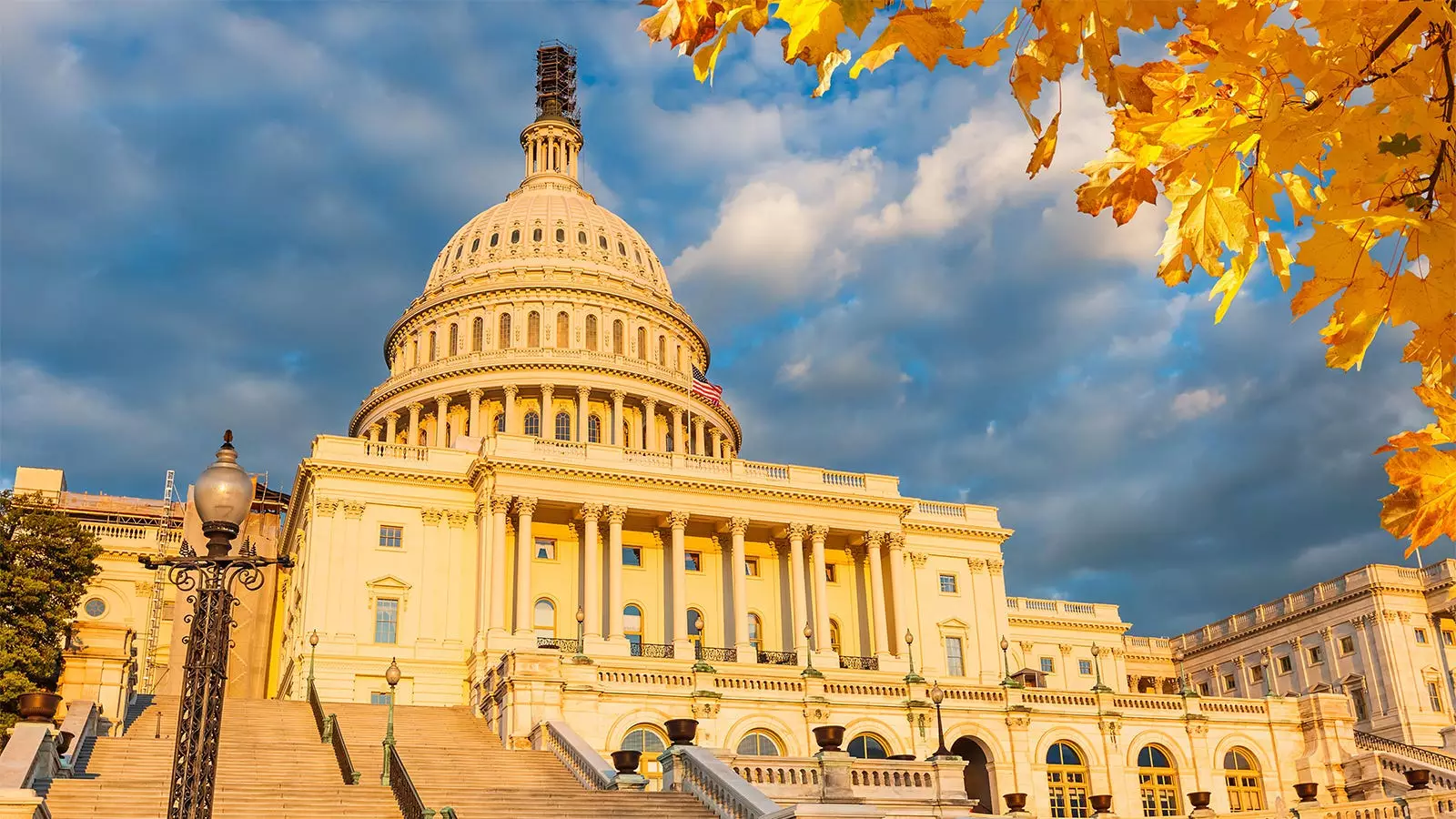In a critical juncture for the U.S. healthcare system, a substantial group of 233 House members is advocating for reforms within the Medicare Physician Fee Schedule (MPFS). This drive comes in response to a proposed 2.8% cut, underscoring the need for immediate legislative action to avert adverse consequences for both healthcare providers and patients. The bipartisan letter, which emerged on October 11 and was directed to House leaders, emphasizes that without intervention, these cuts will be enacted on January 1, 2025, perpetuating a troubling trend in the Medicare payment structure.
The situation described in the correspondence highlights an ongoing dilemma: for five consecutive years, the Centers for Medicare & Medicaid Services (CMS) has proposed cuts to the MPFS. This persistent threat not only jeopardizes the financial viability of medical practices but also compromises the quality of patient care. The legislators argue that Congress must address the monetary pressures affecting the healthcare sector, as the current trajectory endangers access to essential medical services.
The ramifications of such budget cuts can lead healthcare providers to make precarious decisions, such as implementing hiring freezes, postponing advancements in medical infrastructure, and potentially reducing the number of services offered. When examined through the lens of the last two decades, it’s alarming to note that Medicare payments, adjusted for practice running costs, have plummeted by 29%. This gradual erosion of financial support highlights a critical flaw in the Medicare payment framework, which requires urgent reevaluation.
Moreover, the introduction of the Merit-based Incentive Payment System (MIPS) exacerbates these issues. Although intended to promote quality care, compliance with MIPS comes with substantial costs and has proved to be a problematic measure for assessing care quality. Many healthcare providers feel penalized rather than incentivized, which only serves to further complicate the operational landscape of medical practices.
The letter’s authors are not merely seeking a halt to cuts but are proposing meaningful reforms to ensure resilience within the MPFS. They demand that Congress establish payment updates reflecting inflationary realities and call for targeted adjustments to budget neutrality requirements. Such reforms would involve a thorough examination of key practice expense elements by CMS every five years, ensuring that the MPFS conversion factor adjustments do not exceed 2.5% annually.
The call for reform is reinforced by the perspectives of healthcare leaders. Experts have decried the current payment system as fundamentally flawed, emphasizing the urgent need for solutions that address not just the immediate cuts but also the systemic challenges that physicians face on a daily basis. Dr. Deborah Dyett Desir, president of the American College of Rheumatology, poignantly articulated this sentiment, emphasizing that the time for change is ripe.
The unity shown in this bipartisan letter stands as an encouraging signal amid a fragmented political landscape. As elections approach, the necessity for collaborative action in healthcare reform has never been more pressing. Acknowledging the existing agreement among lawmakers presents an opportunity to push through meaningful changes that could stabilize the MPFS and eliminate the threat of yearly cuts.
The American Medical Association (AMA) has echoed these sentiments, praising the letter for its recognition of inflation’s toll on physician practices. Dr. Bruce Scott, the AMA president, indicated the significance of this moment; instead of succumbing to gridlock, Congress has the chance to forge a path towards compromise and shared solutions.
The forthcoming legislative session holds immense potential for the future of Medicare and the U.S. healthcare system at large. As healthcare providers face increasing financial strain and operational challenges, the call for reforms offers a glimmer of hope. Stakeholders must prioritize effectively addressing these systemic issues to ensure that all patients have equitable access to necessary healthcare services. The time for decisive action is now; the stakes could not be higher. Acknowledging these challenges and acting upon them will be crucial in preserving the integrity of healthcare across the nation.

Leave a Reply